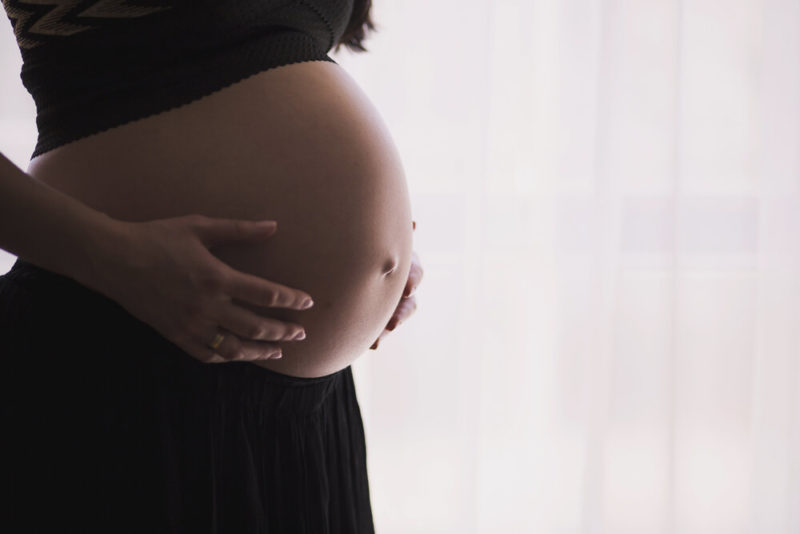Tobacco, like other drugs also, must be stopped during pregnancy to avoid exposing the baby directly to toxic substances. Let’s see closer below.
Risks of regular smoking
It is essential to know that regular smoking:
– promotes infertility in women (risk multiplied by two) with a delay in conception lengthened by more than a year (reversible effect);
– reduces the chances of success of medically assisted procreation (decrease in the rate of clinical pregnancies, increase in the risk of miscarriage in the first trimester);
– leads to a decrease in sperm quality in men.
Zero smoking during pregnancy
The consequences of smoking on the fetus are such that it is recommended to smoke as little as possible during pregnancy. The best thing to do is to stop smoking completely. Nevertheless, a quarter of women who smoke continue to use tobacco during their pregnancy.
It is possible to use substitutes to help stop smoking; ask advice from your doctor or pharmacist. Among smokers who quit during their pregnancy (80%), 30% start smoking again after giving birth and 80% one year later.
Good to know: passive smoking (people who smoke in the same room as the mother-to-be) is just as harmful to the baby (it promotes, for example, future bronchial obstructions in children who will be asthmatic)! Therefore, the family members must smoke outside.
The risks of tobacco on pregnancy

The use of tobacco during pregnancy exposes the woman to the risks of:
– spontaneous miscarriage;
– ectopic pregnancy (risk multiplied by 1.7)
– retroplacental hematoma (risk multiplied by 2);
– placenta previa (risk multiplied by 1.5);
– second and third-trimester hemorrhage;
– premature delivery (risk multiplied by 1.8).
It is also essential to know that smoking is a cause of decreased fertility. Moreover, smoking during pregnancy increases the risk of periodontal disease in women.
The risks of smoking for the child
Smoking during pregnancy can cause intrauterine growth retardation (when a pregnant woman smokes one to four cigarettes a day, her baby weighs 228 g less at birth than those whose mothers do not smoke). There can be further malformations (cardiac, urinary, skeletal…), and in-utero fetal death (risk increased by almost 50% with a dose-effect, i.e., the more the consumption is essential, the more the risk increases, in particular beyond 23 cigarettes/day) or death during the childbirth;
– digestive symptoms (colic and regurgitation).
Tobacco could also cause psychomotor and intellectual disorders in children exposed during pregnancy. In utero exposure to smoking would also increase the risk of developing respiratory infections (pneumopathies), bronchiolitis, and asthma during early childhood. The risk of sudden infant death syndrome is also increased.
In people who have been exposed to tobacco smoke in utero, the risks of nicotine dependence are more significant in adolescence and adulthood. This exposure would also be responsible for a decrease in fertility in both boys and girls.
Tobacco should also be avoided during breastfeeding, as it passes quickly into breast milk.
Finally, a study showed that people who had been exposed to cigarette smoke during childhood had a 31% higher risk of dying from chronic obstructive pulmonary disease.
Benefits of quitting smoking during pregnancy
The benefits of quitting smoking during pregnancy have been established with a decreased risk of retroplacental hematoma, a 10% decrease in the risk of premature delivery, and a better baby’s birth weight.
For these benefits to be felt, it is necessary to stop smoking ideally before pregnancy or at the latest during the first trimester.
A study reports that 51.3% of mothers had received information from their doctor to stop smoking completely at the time of pregnancy, 38.5% cut down, and 10.2% would not have received any recommendation.
Thus, if the pregnant woman stops smoking by the end of the first trimester of pregnancy, the overall risk of death of the child in utero disappears. However, the risk of death during childbirth remains.


